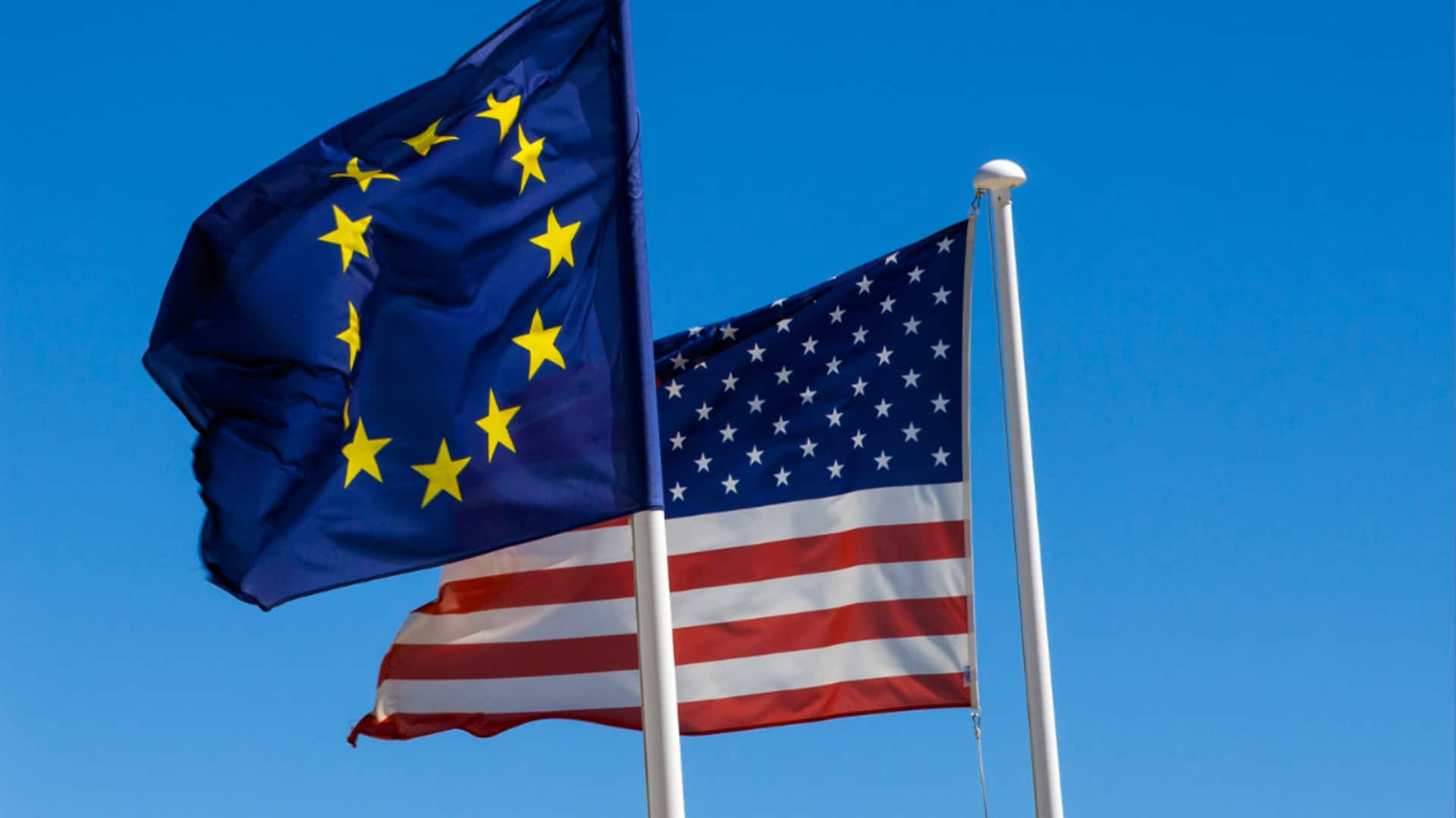European Governments Rethink Dependence on US Technology
Introduction
Recent geopolitical shifts have sparked significant concerns among European governments regarding their reliance on U.S. technology. A key catalyst for this reconsideration has been a series of actions taken by former President Donald Trump, particularly in relation to the International Criminal Court (ICC). As European nations grapple with the implications of American decisions, the landscape of technology dependence is shifting dramatically.
A Turning Point: Trump’s Sanctions
The trigger for this pivotal change can be traced back to Trump’s sanctions against Karim Khan, the Chief Prosecutor of the ICC. These sanctions were imposed following the ICC’s issuance of arrest warrants for prominent Israeli officials, including Prime Minister Benjamin Netanyahu and former defense minister Yoav Gallant. The implications of such unilateral actions led European governments to question the robustness and reliability of their relationships with U.S. tech companies.
This situation has highlighted a growing unease. As European countries increasingly consider their strategic autonomy, concerns about the sway of U.S. policies and actions over their tech ecosystem are becoming more pronounced.
The ‘Smoking Gun’: Microsoft’s Response
In the wake of the sanctions, Microsoft’s decision to deactivate Karim Khan’s email account served as what Casper Klynge, a former diplomat and Microsoft employee, referred to as "the smoking gun that many Europeans had been looking for." This incident raised serious concerns about the vulnerabilities that exist when countries rely on American tech giants.
Merely using U.S.-based services can inadvertently expose sensitive communications and operations to potential political fallout dictated by U.S. government actions. In light of these revelations, several ICC employees have begun transitioning to Swiss email service Proton, which positions itself as a more secure and politically neutral alternative.
The Fear of U.S. Compliance
The apprehension extends beyond individual sanctions to broader systemic issues. Klynge emphasized the fear that, should the U.S. government target specific organizations, whether individuals or entire nations, American tech companies would feel compelled to comply. This fear is a significant factor prompting European governments to reassess their dependency on these services, which can leave them vulnerable to foreign political maneuvering.
When tech giants are involved in geopolitical disputes, the consequences often trickle down to ordinary users and institutions. For Europe, the stakes are high—security, sovereignty, and the protection of sensitive data are all under scrutiny.
Microsoft’s Policy Adaptations
In response to these escalating concerns, Microsoft has taken proactive measures to refine its policies in order to better serve international customers. The company recently indicated that it did not deactivate the email accounts of four ICC judges who were also sanctioned by Trump, signaling a nuanced approach intended to address fears of arbitrary compliance with U.S. government actions.
Moreover, Microsoft CEO Satya Nadella announced the introduction of new "sovereign solutions." These initiatives are aimed at ensuring that European institutions can operate within a framework that minimizes the risks associated with reliance on U.S. technology. This strategy represents an acknowledgment of, and a response to, the anxieties swirling around data security and political implications.
Conclusion
As European governments navigate the complexities of technology dependency in a politically charged environment, the dialogue surrounding U.S. tech reliance is only becoming more critical. The interplay between politics and technology is reshaping strategic considerations across the continent, raising essential questions about sovereignty and security in the digital age. Moving forward, it will be crucial for Europe to develop sustainable, independent tech solutions that align with their values and operational needs, safeguarding against potential geopolitical fallout.


